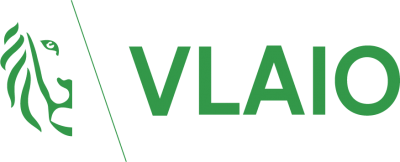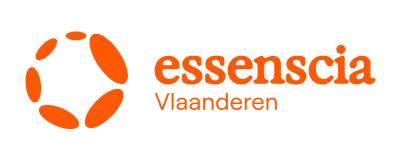Topics
We organise our actions in six thematic & strategic agendas:
Strategic Agendas:
Bio-economy
Circular Construction
Chemicals/Plastics
Manufacturing Industry
Food Chain
Water Cycles
Seven leverages provide additional support:
Leverage effects:
Lever Policy Instruments
Lever Circular Procurement
Lever Communication
Lever Innovation & Entrepreneurship
Lever Financing
Lever Jobs & Skills
Lever Research
What, why and how?
Why are we pursuing a circular economy?
Future visions 2050
How do we see our circular future?
About our management
Who steers what at Flanders Circular?
Valobat
Farmer to plate: Viaverda recovers residual flows from local sweet potato
Bataat, also known as sweet potato, has been in Belgian supermarkets for years. More and more, those sweet potatoes are also coming from Belgian soil. Although sometimes almost half of the harvest from (organic) farmers in our country does not make it to the shelves. With the Valobat project, Viaverda and Hogeschool Gent want to find out how to get even the ‘unsaleable’ leftovers to consumers.
Sweet potato selection criteria are strict. If a sweet potato is oddly shaped, was damaged during harvesting or is not suitable in size, supermarkets and greengrocers consider it ‘unsaleable’. Per harvest, up to about 40 per cent fail the strict selection test. That's as much as 16 to 20 tonnes of sweet potato per hectare. Although those sweet potatoes are often still perfectly edible.
A cooperation between food companies and growers
Viaverda and Hogeschool Gent are therefore looking for ways to recover residual flows of sweet potatoes. To do so, they will talk to local food companies: which food products can they make from sweet potatoes that are too big, too small or damaged? They use test cases to find out which new products would appeal to consumers and which would not. At the same time, they bring growers and food companies together, and detect logistical and practical bottlenecks of a possible cooperation between the two.
European Innovation Partnership
The Valobat project is part of the European Innovation Partnership (EIP). The EIP aims to establish healthy, sustainable and affordable food initiatives by bringing together farmers and agri-food chain players, among others.

















